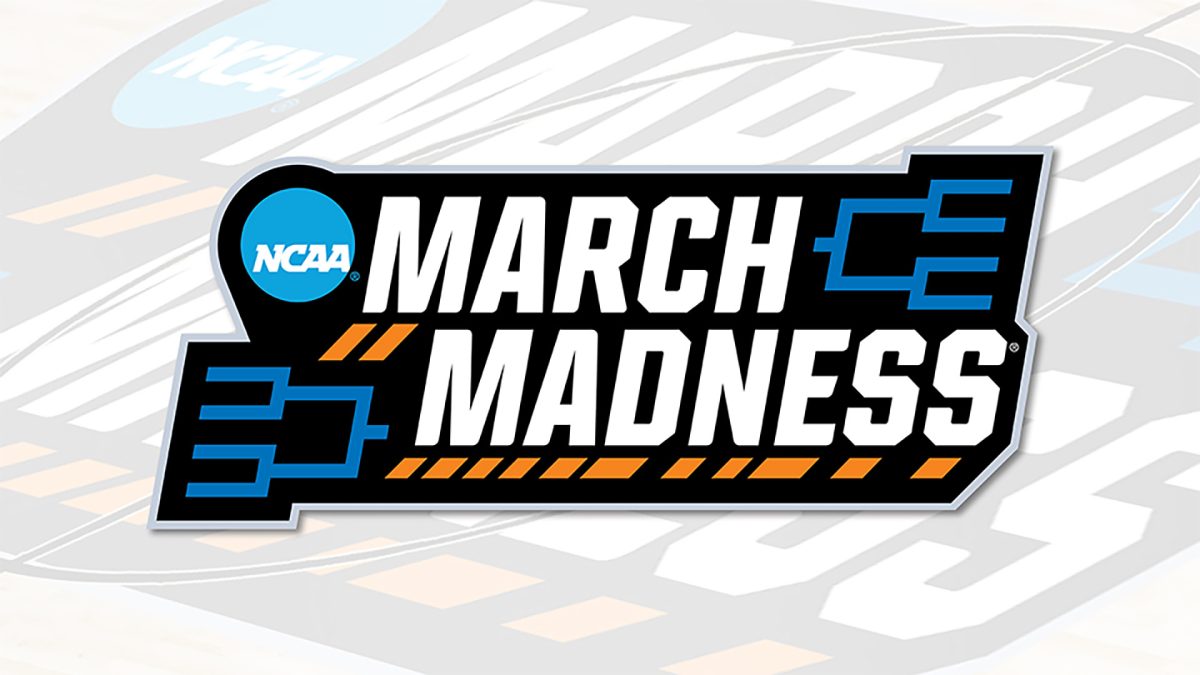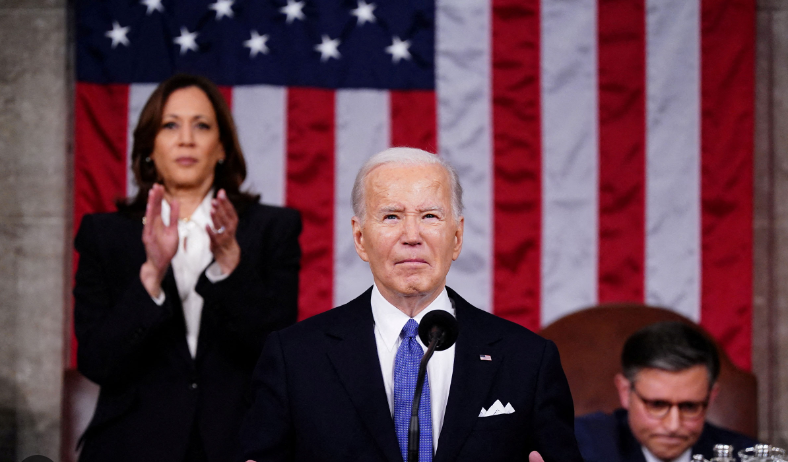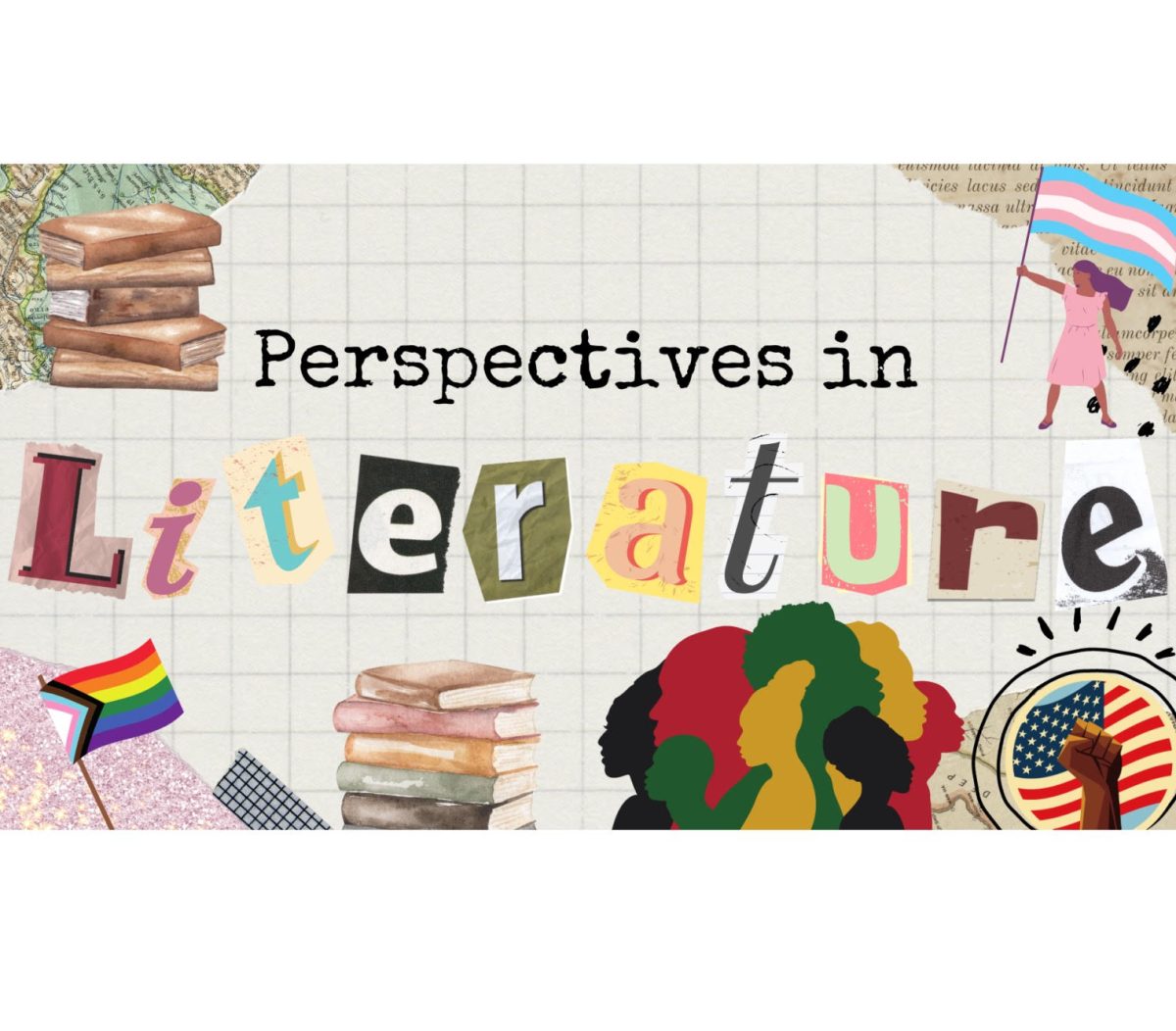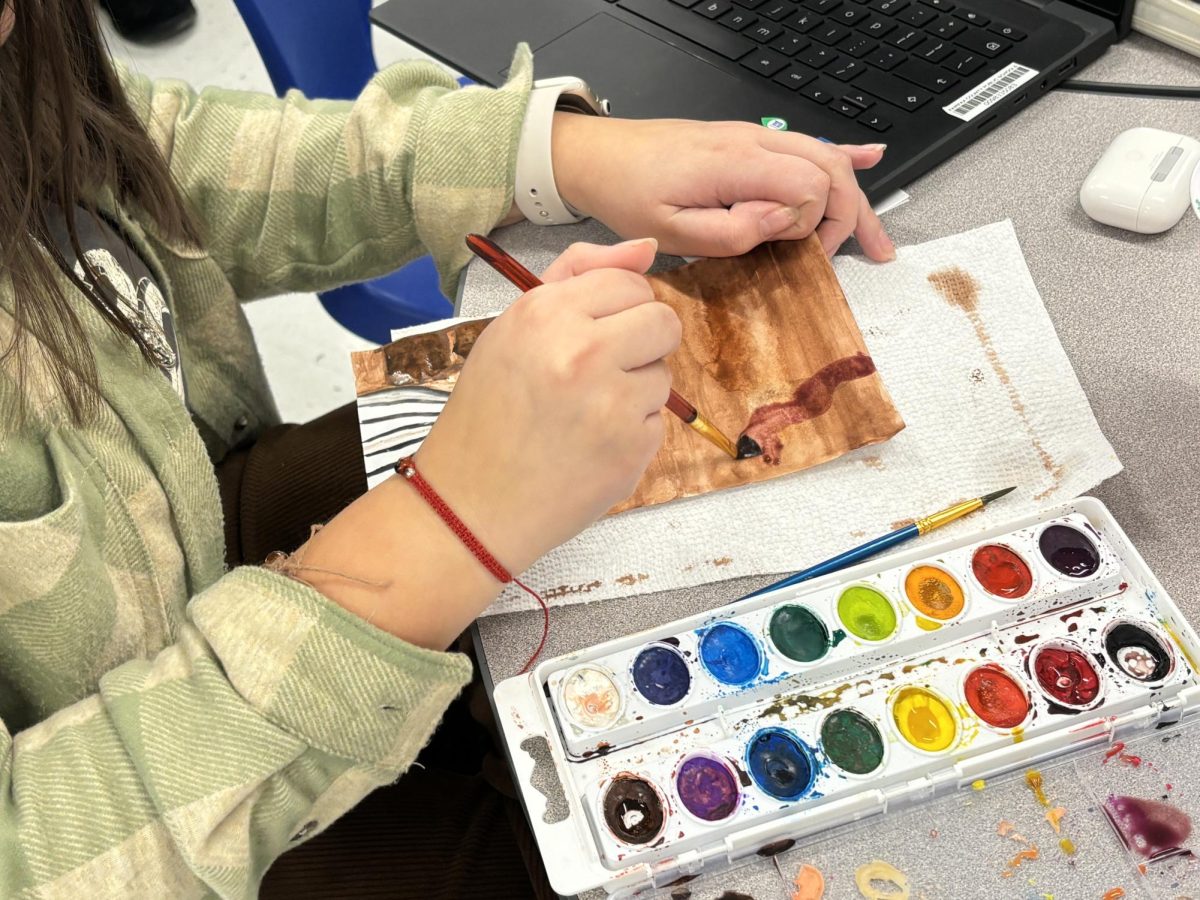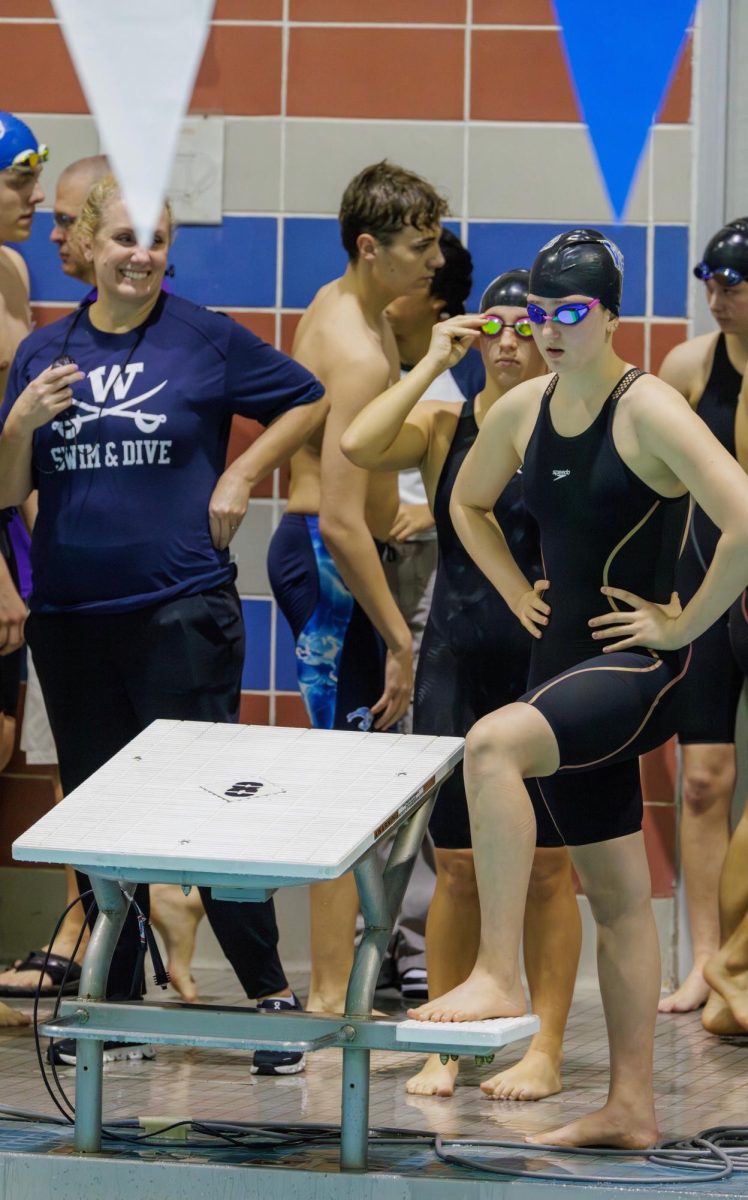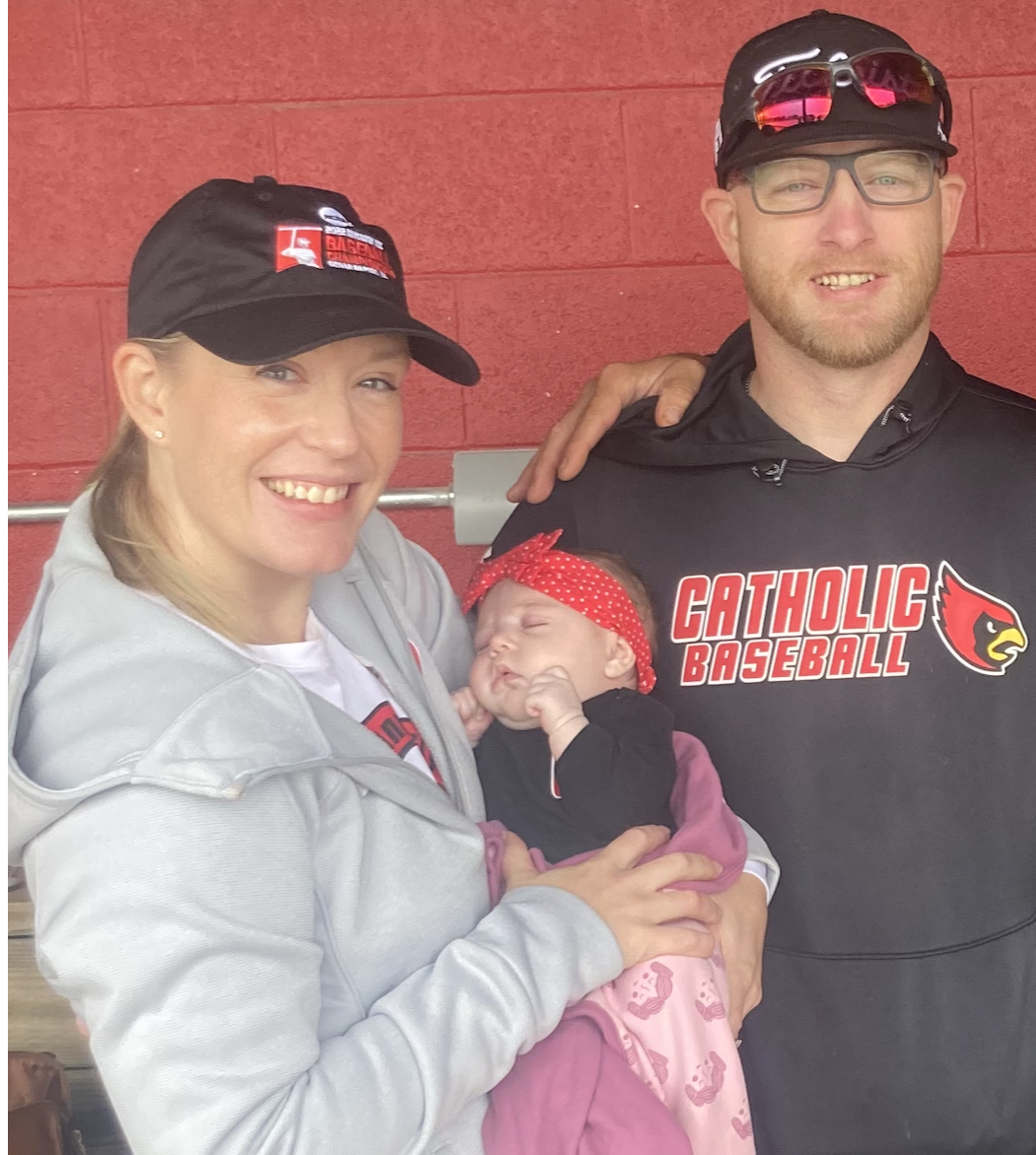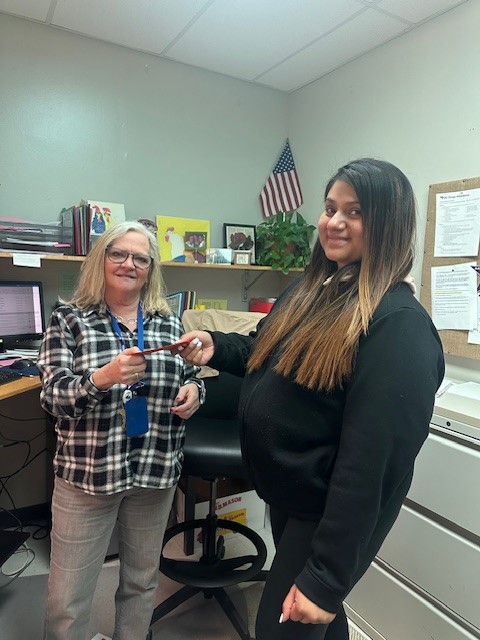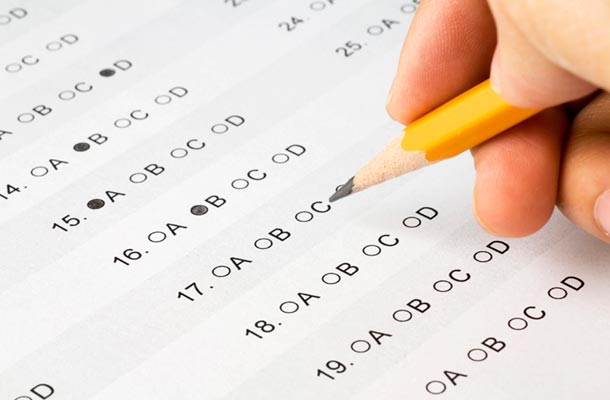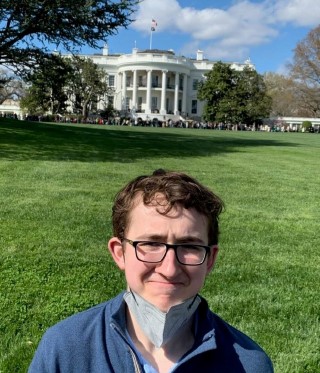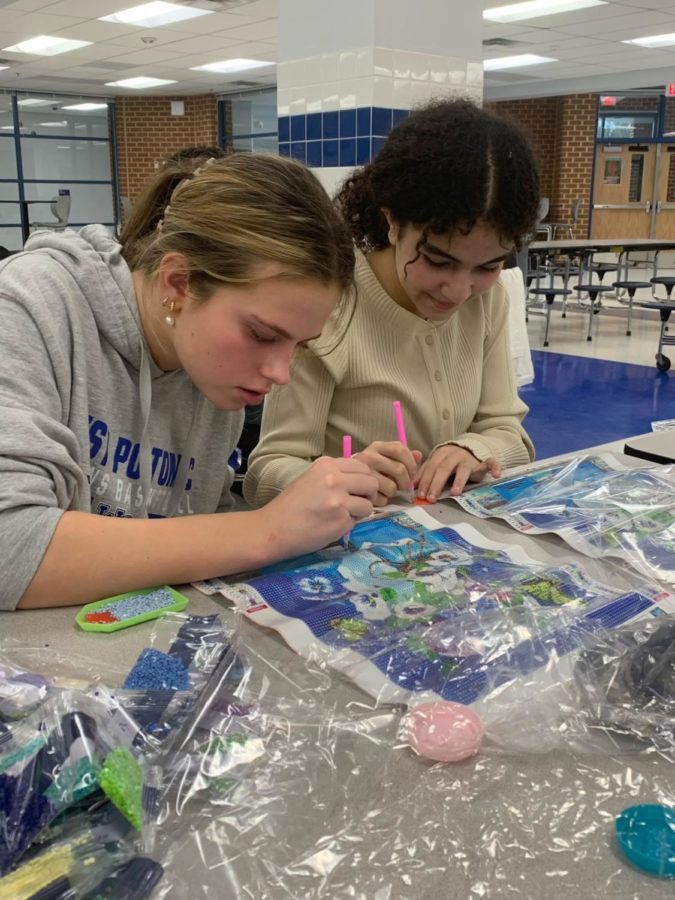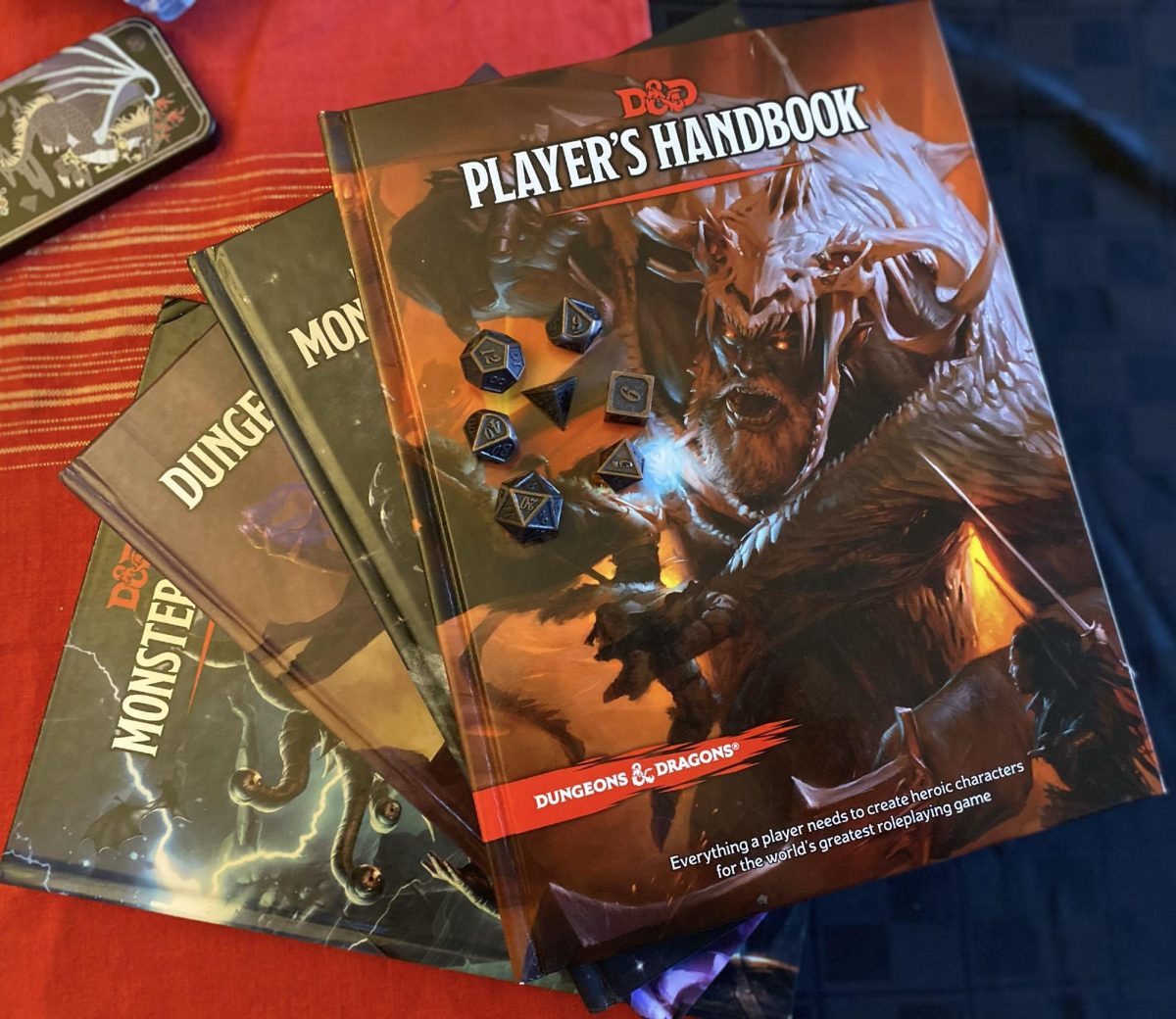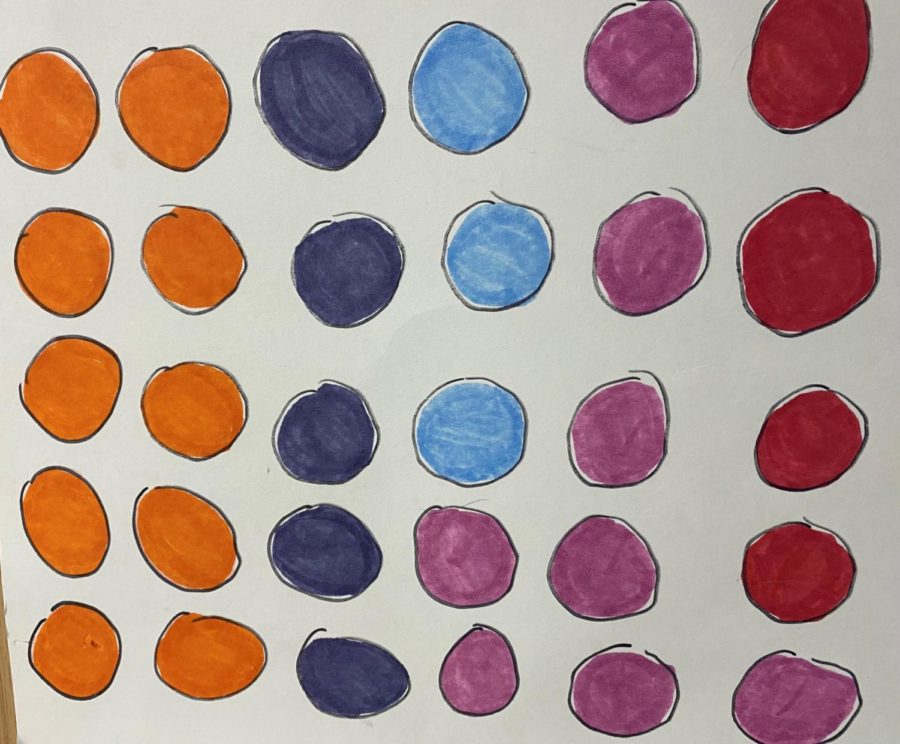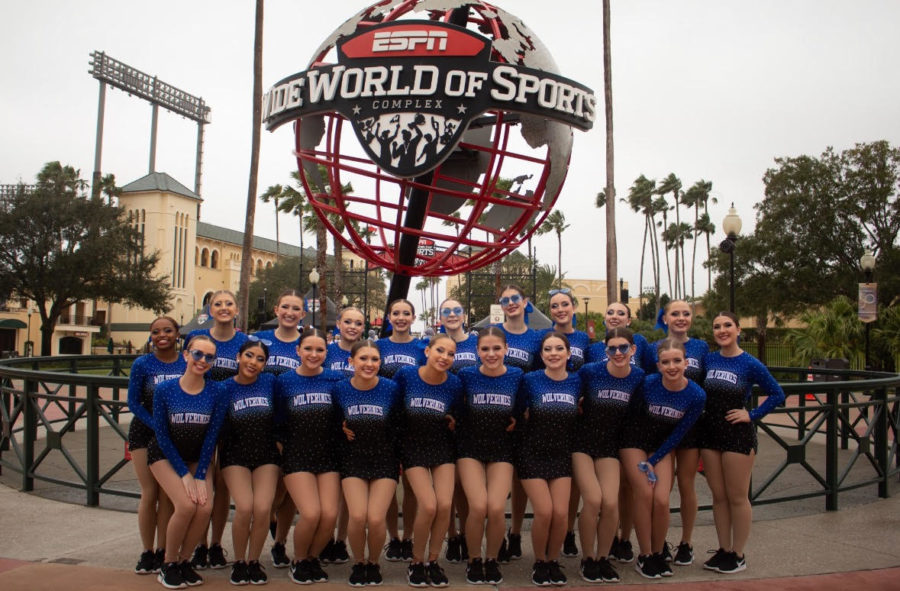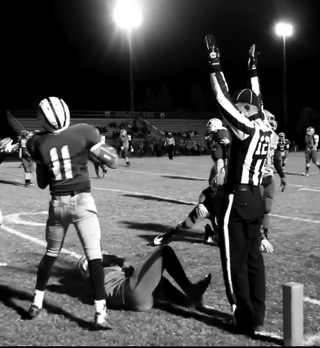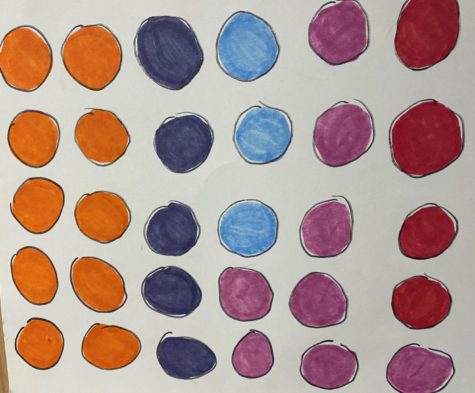The Wire, Jan/Feb 2015 Issue: An Editorial Response
Dear Wire Readers,
We appreciate the intensity of response from our readers following the release of our Jan/Feb 2015 issue of our newsmagazine. Our publication has been undergoing a massive transformation over the past several months as we move towards a more modern newsmagazine, and so the feedback from our readers and patrons holds high value with our entire staff.
As a staff, we would like to clarify a few misunderstandings regarding an article printed in the newsmagazine: “Taking Higher Risks for the Next High.” Our editorial staff has received reader commentary questioning the choice of topic for this article and whether or not its publication was done responsibly and ethically.
The Society of Professional Journalists describes four main principles in their Code of Ethics (http://www.spj.org/ethicscode.asp): to seek truth and report it; to minimize harm; to act independantly; and to be accountable and transparent. In this article, we believe we adhered strictly to all four principles.
As a news feature piece, “Taking Higher Risks for the Next High” profiled one single West Potomac student who participates in drug usage, in order to bring to attention to a current issue at the school, namely the rising use of “harder drugs” recreationally.
With regard to thoroughness, news profiles are meant to describe an individual or activity. As journalists we cannot “editorialize,” inject our own opinions into the pieces we write and publish as news. We as a publication in no way advocate drug use, nor do we wish to make light of these dangerous trends amongst our student body and society. We believe that there are places and means through which the dangers of drug usage should be expressed in full; however that was not the subject of this article.
One reader expressed concern that the subject and language of the article downplayed the seriousness of the social externalities of drug usage, citing the dramatic increase in heroin use in Northern Virignia from 2011-13, according to a recently published county report (http://www.fairfaxcounty.gov/living/healthhuman/reports/heroin-report-2014.pdf).
Statistics such as these are in part the reason this article was written, highlighting a dangerous shift in drug culture towards increased use of harder substances. We believe that it is necessary to make others aware of such a trend and do not believe that the reporting style of our recent issue downplays the seriousness of such as issue nor does it contribute to the issue itself.
With regard to accuracy, the question was raised as to why certain claims made by the profiled student concerning the safety of any substance or practice were not questioned as safe. The claims made by the student were her, correct or not, and were presented as such as a quote from her and not as fact. Any effort attempt to validate such claims would have been ineffectual and entirely inappropriate for the subject of the piece.
The main questions considered when drafting this article were what substances are being used by West Potomac students; how students are even able to engage in such use of these substances; and most importantly, why this issue exists at our school. In order to answer these questions we interviewed the anonymous drug user, West Potomac Principal Alex Case, and school psychologist Bethany Koszelak. Through an error in layout, Dr. Koszelak’s interview was not included in the original printed version but can now be read in full on our website.
In answering the question of why issues of drug usage are prevalent in student life, one must ask why students are using such substances. The fact of the matter is students use drugs primarily for the physical experience they provide. The description of various substances and their effects included in the article is meant to answer this question truthfully, rather than to glorify the use of illegal substances or to ignore the answer described in the profiled student’s interview.
We focused on these questions and so did not discuss in this article the drug trade or dealers in general, nor did we explore the effects that drug-abusing high school students have on this system. If there is expressed interest from readers in conducting such an investigation, we would be happy to consider such an article. Additionally, we welcome any other comments you may have and urge you to keep plugged in through our website and to follow us on Twitter @thewpwire to stay up to date on The Wiire releases.
Thank you for your patronage and we look forward to continuing to serve you as the student voice for the West Potomac community.
The Wire Staff

